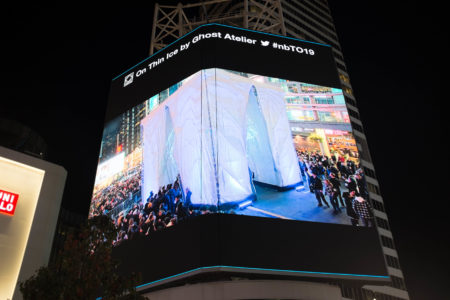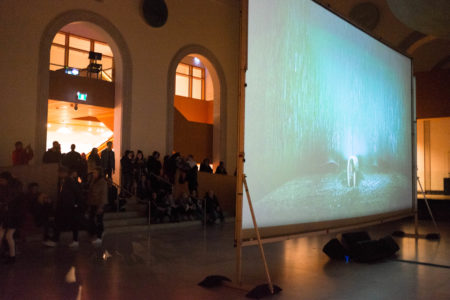Carbon taxes have begun to play a strange role in debates on climate change politics. Designed to appeal to conservatives they are now a focus of rage on the political right. At the same time, they are supported by some big fossil fuel companies who see them as a comparatively small cost and a potential source of certainty about future policy.
Recently, the IMF commented:
The Washington-based Fund said the battle against climate change could only be won if the average carbon tax levied by its member states increased from $2 (£1.63) a ton (907kg) to $75 a ton.
The IMF said governments worried about a political backlash against big increases in the cost of heating homes and motoring, and should use the extra revenue raised from the tax to compensate consumers.
“To limit global warming to 2C or less – the level deemed safe by science – large emitting countries need to take ambitious action,” IMF economists said.
“For example, they should introduce a carbon tax set to rise quickly to $75 a ton in 2030. This would mean household electric bills would go up by 43% cumulatively over the next decade on average – more in countries that still rely heavily on coal in electricity generation, less elsewhere. Gasoline would cost 14% more on average.”
Calculations by the IMF’s economists show that a $75-a-ton carbon tax would also lead – once inflation has been taken into account – to an average 214% increase in the cost of coal and a 68% increase in natural gas. For the UK, the increases would be 157% for coal, 51% for natural gas, 43% for electricity and 8% for petrol.
The IMF has something of a reputation for thinking about policy, not politics, and it’s hard to see a carbon tax like this being implemented in any major democratic country.






